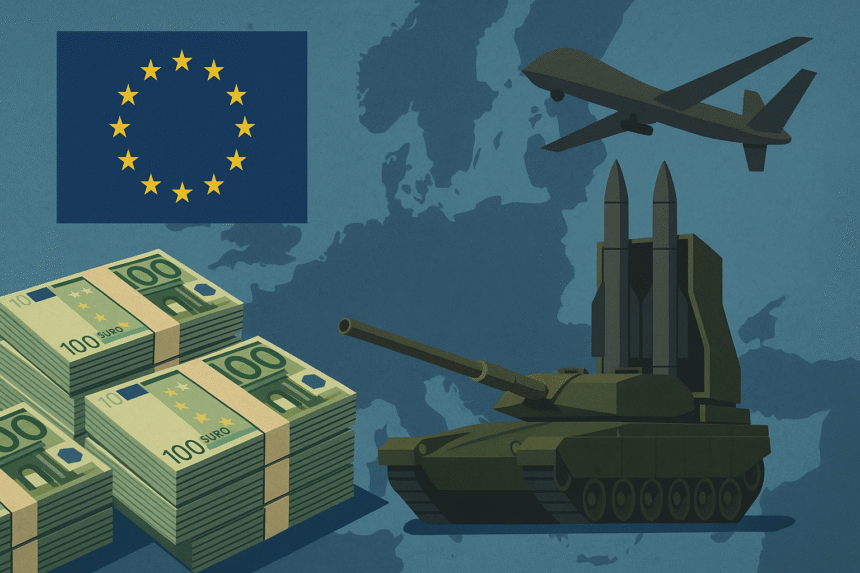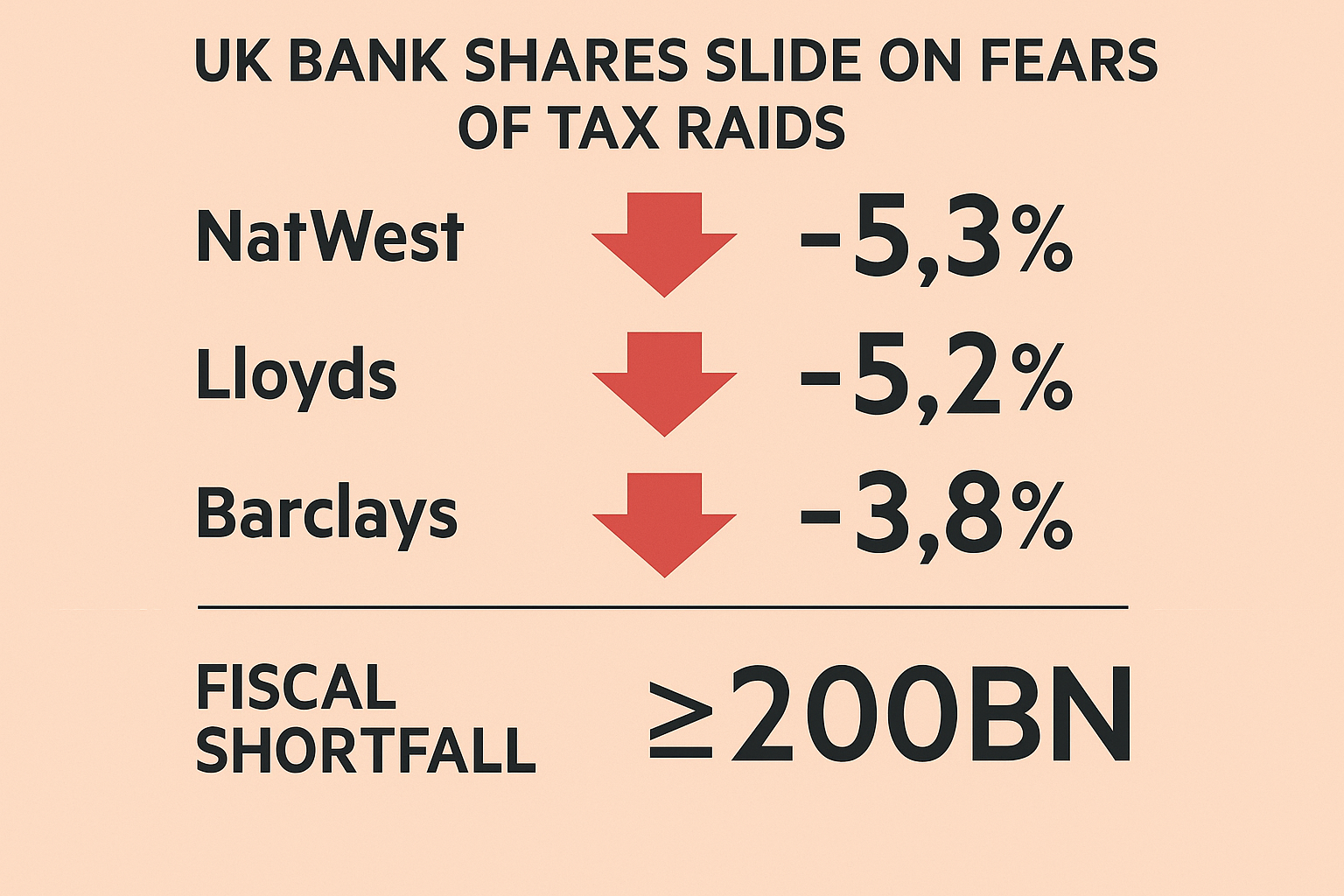The European Union’s ambitious €150 billion loans-for-arms programme is set to be fully deployed after 19 member states, including France, Poland, Italy, and Spain, submitted requests for funding. The initiative is designed to significantly strengthen Europe’s defense capabilities amid Russia’s ongoing war in Ukraine and mounting pressure from the United States to boost military spending.
A Joint Effort for European Defence
Under the scheme, the EU raises funds by borrowing against its budget and provides loans to member states for joint purchases of military equipment. Priority areas identified by the European Commission include air and missile defense systems, cyber security infrastructure, and drones—sectors where Europe faces critical capability gaps.
European Commission President Ursula von der Leyen confirmed the programme’s oversubscription during a visit to Riga, Latvia. “We have reached full subscription. We are delivering the capabilities that Europe needs most,” she said, highlighting the importance of coordinated procurement.
Support for Ukraine
Many EU governments have indicated that part of the funding will be directed towards supplying arms to Ukraine, underscoring Europe’s collective effort to sustain Kyiv’s defense. Von der Leyen described this as a “true European success,” emphasizing unity in the face of external threats.
Linking Defence and Economic Policy
The programme, known as the SAFE project, is closely tied to a broader EU agenda to exempt defense spending from fiscal deficit rules. It also contains provisions to encourage the purchase of EU-manufactured defense products, reducing reliance on foreign—particularly U.S.—suppliers.
NATO Commitments and Next Steps
The initiative complements a pledge by European NATO members to raise defense spending to 5 percent of GDP within the next decade, a commitment urged by U.S. President Donald Trump as part of Washington’s continued engagement in Europe’s security.
The Commission will now evaluate the individual funding bids from member states and decide on allocations. Initial disbursements could begin before the end of the year, paving the way for a substantial increase in Europe’s defense production and cooperation.
Von der Leyen’s tour of seven eastern EU states, beginning in Riga, underscores the bloc’s determination to fortify its defenses in regions closest to Russia.








